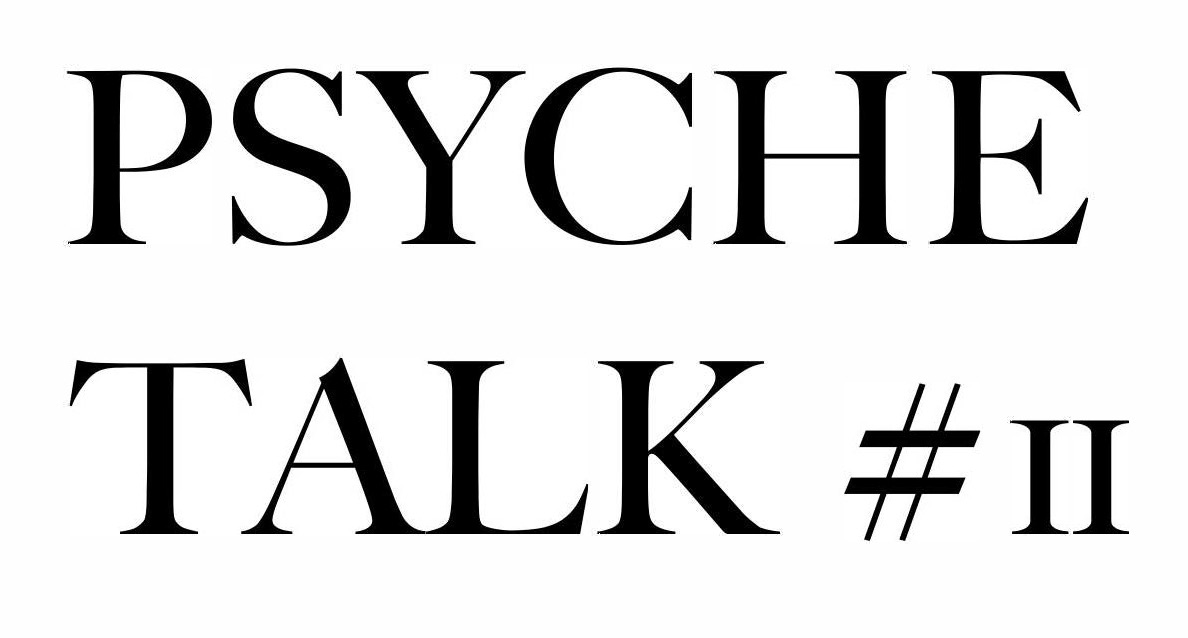Psychology of Change
DOI:
https://doi.org/10.7146/qs.v9i2.145036Abstract
This interview is a slightly modified transcript from the second Psyche Talk, hosted at the Department of Communication and Psychology at Aalborg University, February 15, 2024. Psyche Talks are hosted as biannual events, where prominent psychological researchers are invited to discuss fundamental questions about the nature and subject matter of psychology through an interview-based format. The focus of this interview is on how people make sense of change on the personal, social and environmental level and the role of symbolic resources in making meaning of and transitioning through rupturing changes. In this interview, Professor of Sociocultural Psychology, Tania Zittoun, is interviewed by Associate Professor of Sociocultural Psychology, Sarah Awad.
References
Arendt, H. (1979). The Life of the Mind. New York: Harcourt Brace.
Arendt, H. (1977) Eichmann in Jerusalem: A Report of the Banality of evil. New York: Penguin Book.
Billig, M. (2013). Learn to write badly: How to succeed in the social sciences. Cambridge, UK: Cambridge.
Di Donato, F., Lavanchy, A., Garros, E., Mahon, P., & Zittoun, T. (2020). La fabrique de l’intégration. Antipodes.
Erikson, E. H. (1959). Identity and the life cycle. Selected papers. (1959th ed.). International Universities Press. http://www.archive.org/details/identityandtheli011578mbp
Gergen, K. J. (1973). Social psychology as history. Journal of personality and social psychology, 26(2), 309.
Gfeller, F., & Zittoun, T. (2023). A new housing mode in a regional landscape of care: A sociocultural psychological study of a boundary object. Human Arenas. https://doi.org/10.1007/s42087-023-00363-5
Hundeide, K. (2005). Socio-cultural Tracks of Development, Opportunity Situations and Access Skills. Culture & Psychology, 11(2), 241-261. https://doi.org/10.1177/1354067X05052353.
Hviid, P. (2015). Borders in education and living– a case of trench warfare. Integrative Psychological and Behavioral Science, 50(1), 44–61.
https://doi.org/10.1007/s12124-015-9319-1
James, W. (1893). Psychology. Henry Holt.
Neuman, Y. (2014). Introduction to computational cultural psychology. Cambridge University Press.
Perret-Clermont, A.-N. (1993). What it is that develops? Cognition and Instruction, 11(3 & 4), 197–205.
Perret-Clermont, A.-N. (2020). Socio-cognitive conflict. In V. P. Glăveanu (Ed.), The Palgrave Encyclopedia of the Possible (pp. 1–8). Springer International Publishing. https://doi.org/10.1007/978-3-319-98390-5_214-1
Piaget, J. (1952). The origin of intelligence in the child. Routledge & Kegan Paul.
Sköld, A., & Brinkmann, S. (2023). What is Psychological Research?. Qualitative Studies, 8(3), 1–28. https://doi.org/10.7146/qs.v8i3.142658
Spini, D., Bernardi, L., & Oris, M. (2017). Toward a life course framework for studying vulnerability. Research in Human Development, 14(1), 5–25. https://doi.org/10.1080/15427609.2016.1268892
Theisen-Womersley, G. (2021). Trauma and resilience among displaced populations: A sociocultural exploration. Springer International Publishing. https://doi.org/10.1007/978-3-030-67712-1
Zavershneva, E. & Van der Veer, R. (2018). Vygotsky’s notebooks. A selection. Springer.
Zittoun, T. (2017). Modalities of generalization through single case studies. Integrative Psychological and Behavioral Science, 51(2), 171–194. https://doi.org/10.1007/s12124-016-9367-1
Zittoun, T. (2022). A sociocultural psychology of the life course to study human development. Human Development, 66(4-5), 310-328.
Zittoun, T. (2023). The pleasure of thinking. Cambridge University Press.
Zittoun, T., & Gillespie, A. (2016). Imagination in human and cultural development. Routledge.
Zittoun, T., Gillespie, A., & Bernal Marcos, M. J. (2023). Development and vulnerability across the lifecourse. Culture & Psychology, 1354067X231201384.
Zittoun, T., Valsiner, J., Salgado, J., Vedeler, D., Gonçalves, M. M., & Ferring, D. (2013). Human development in the life course: Melodies of living. Cambridge University Press.
Downloads
Published
How to Cite
Issue
Section
License
Copyright belongs to the author and Qualitative Studies





